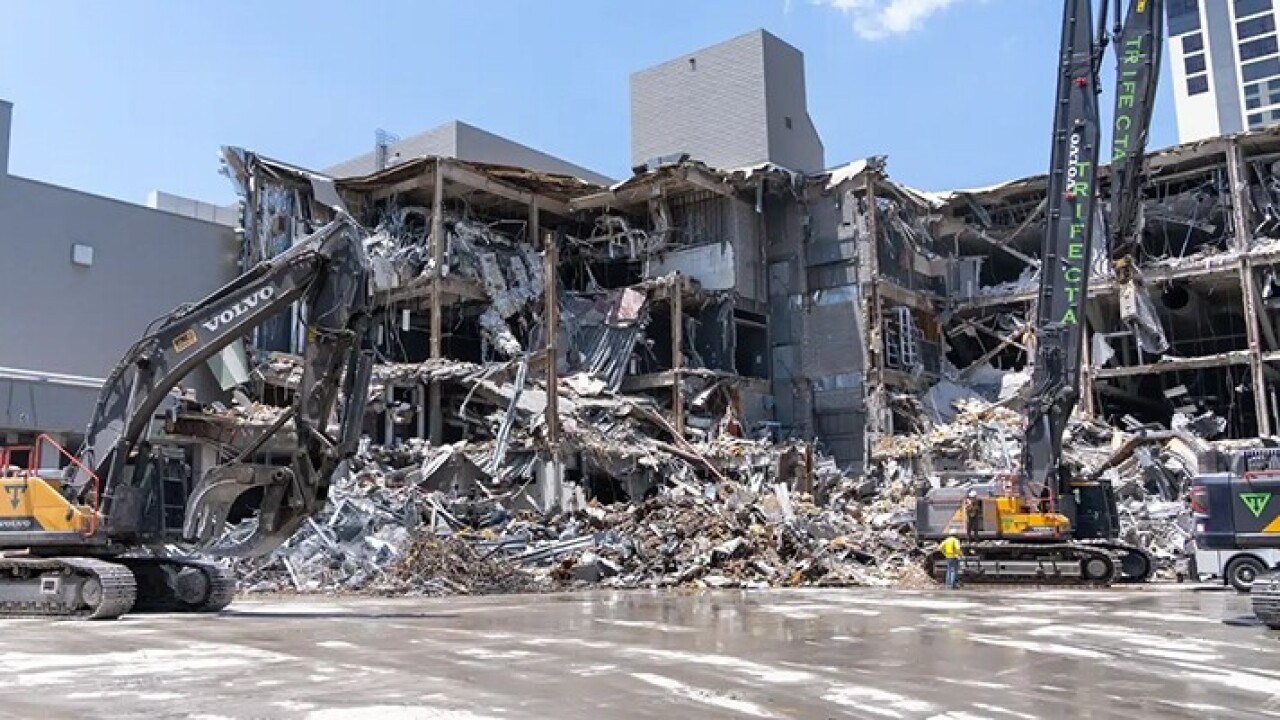
DALLAS An FBI fraud investigation of the Grand Junction Regional Airport Authority in western Colorado could have a long-term impact on the airport’s credit, according to Moody’s Investors Service.
“The authority has not been informed of the exact nature of the investigation, which makes any credit impact unclear at this time,” Moody’s analysts Earl Heffintrayer?and Kurt Krummenacker wrote in a rating update Monday. “Moody's does note that the involvement of the FBI is rare, as most allegations of airport non-compliance with Federal statutes are investigated by the FAA.”
Federal agents seized several boxes of records on Nov. 6 under a search warrant involving an unspecified fraud investigation.
Denny Granum, board chairman of the airport authority, said airport officials had not been told what triggered the investigation but that financial records were included in the warrant.
“The Airport Authority will continue to fully cooperate with federal authorities so this investigation can be completed as soon as possible,” Granum said in a prepared statement.
Grand Junction Regional Airport Authority currently carries Moody’s ratings of Baa2 with a stable outlook.
While a finding of financial fraud would not interrupt the airport’s landing fees and rents that back the airport’s debt, the Federal Aviation Administration could cut off funding if the airport fails to recover any funds lost to fraud, analysts said.
The airport authority's public 10-year capital plan requires about $77 million of discretionary grants as part of the $180 million plan.
If the airport’s eligibility for the federal Airport Improvement program were imperiled, the airport would likely need to issue more debt than originally planned or modify the capital program, raising leverage and costs to airlines, or delaying construction, analysts said.
“Either course would negatively pressure the rating,” they wrote,
The airport is planning a new terminal, expanded runways and a separate administrative building as part of its capital improvement program.
In May, the airport announced plans for a public-private partnership with West Star Aviation, an aircraft maintenance firm, to expand operations in Grand Junction. The airport said it would invest $8 million in the conversion of a former Mesa Airlines hangar, with West Star committing $15 million, according to statements from the two parties.
The airport authority funded the hangar improvements through the use of special facility debt backed by a leasehold interest. Moody’s assessed pledged revenues as two times higher than annual debt service coverage by West Star. Surplus revenues are to be escrowed to pay future debt service.
“Moody’s does not anticipate that general airport revenues will be used to support the facility and therefore the deal is considered credit neutral at this point,” analysts said.
Another company, Monument Aircraft Service, announced last week that it was leaving the airport because of new leasing terms that it considered onerous.
The airport has about $16.8 million of outstanding debt, according to Moody’s.
Roughly halfway between Denver and Salt Lake City, the airport saw strong growth between 2002 and 2009, with traffic going flat in recent years. After peaking at 232,000 enplanements in 2009, enplanements decreased 4.2% to about 222,000 in 2010 where they have remained.





